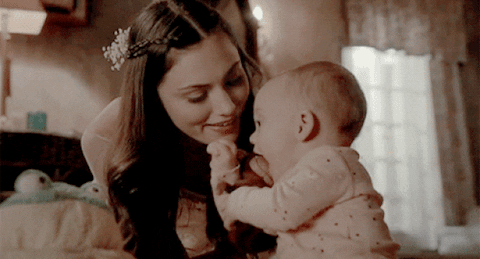
“For infants and young children, mental health may be defined as the capacity to grow well and love well.”
When we talk about our childhood, there are probably very few of us who can recite memories from our infant years so it can be mindboggling to grasp just how much importance they have in how we grow and develop!
In fact, it is during those pivotal early years of development that we begin to establish foundations for positive mental health and wellbeing throughout our lifespan.
Infant mental health refers to how well a child develops socially and emotionally from birth to three years and how their first relationships influence them.
Starting from birth, babies seek out human connections and before they can crawl, infants can recognise different emotions – sadness, anger and happiness – and know what tone of voice matches the appropriate facial expressions.
Babies and infants also experience all these emotions themselves. However, in these early years, infants cannot manage their feelings on their own and need help to soothe, settle and deal with them.
This is where their parents and caregivers come in to offer a trusting and safe relationship by responding and nurturing those early feelings.

So what does all that mean if you are a parent and want to promote your infant’s mental health?
There are a number of important interactions that can prepare the way for strong, healthy, social and emotional wellbeing in your infant:
- Make time to connect and communicate with your baby through smiling, talking, touch and massage.
- Respond to your baby when they are unsettled. This is not ‘spoiling’ them as they learn from you how to regulate back to a calm state which prevents the behaviour from escalating.
- Babies respond and flourish in environments that are predictable and nurturing so having a routine is vital for their development.
- Taking time to understand your baby’s behaviour helps you understand what they may be experiencing so you can respond. For example, looking way and blinking are ways your baby shows you that they may need a rest.
- A soft, soothing voice or gentle cuddling in your arms can help soothe or settle your baby.
- Be mindful of your own feelings and experiences as a parent. This is important for your own self-care, but also because what you are going through can affect your child. Remember, parents do not have to be perfect. Babies just need their parents to be good enough.
